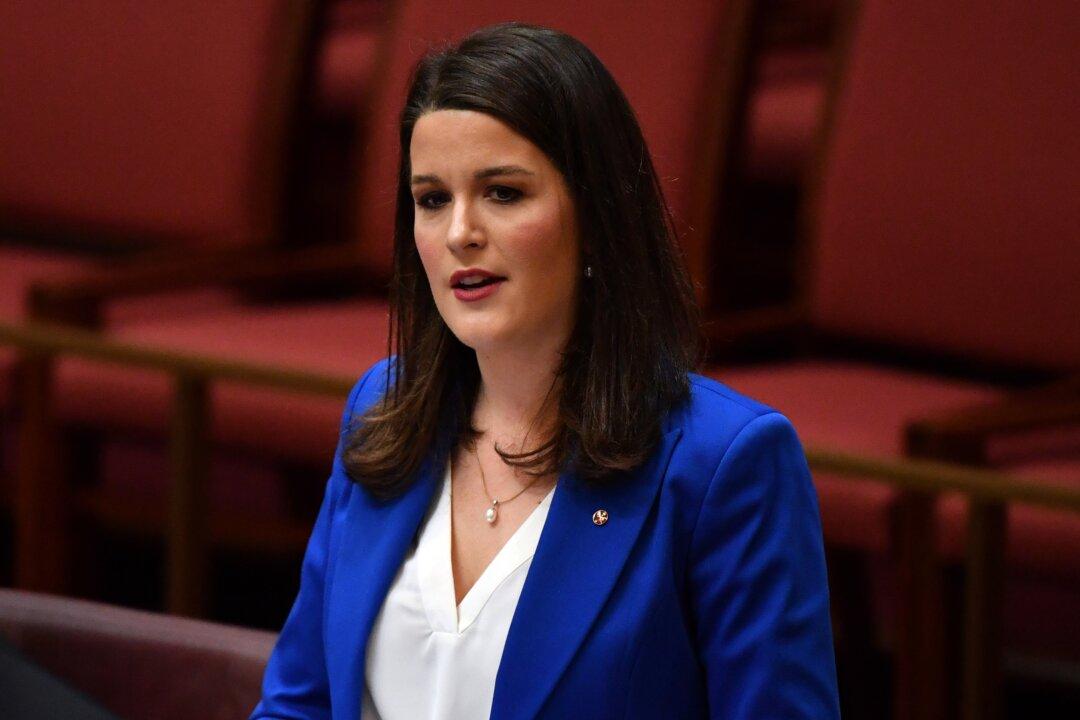Australia needs to be “very clear-eyed” about Beijing’s strategy of using economic incentives to “manipulate public debate” and divert international attention from its military aggression, a Liberal senator has warned.
The warning follows the conclusion of the three-year trade freeze between China and Australia, culminating in the Chinese Communist Party (CCP) scrapping one of its final trade restrictions, Australia’s wine export tariffs, in late March.




